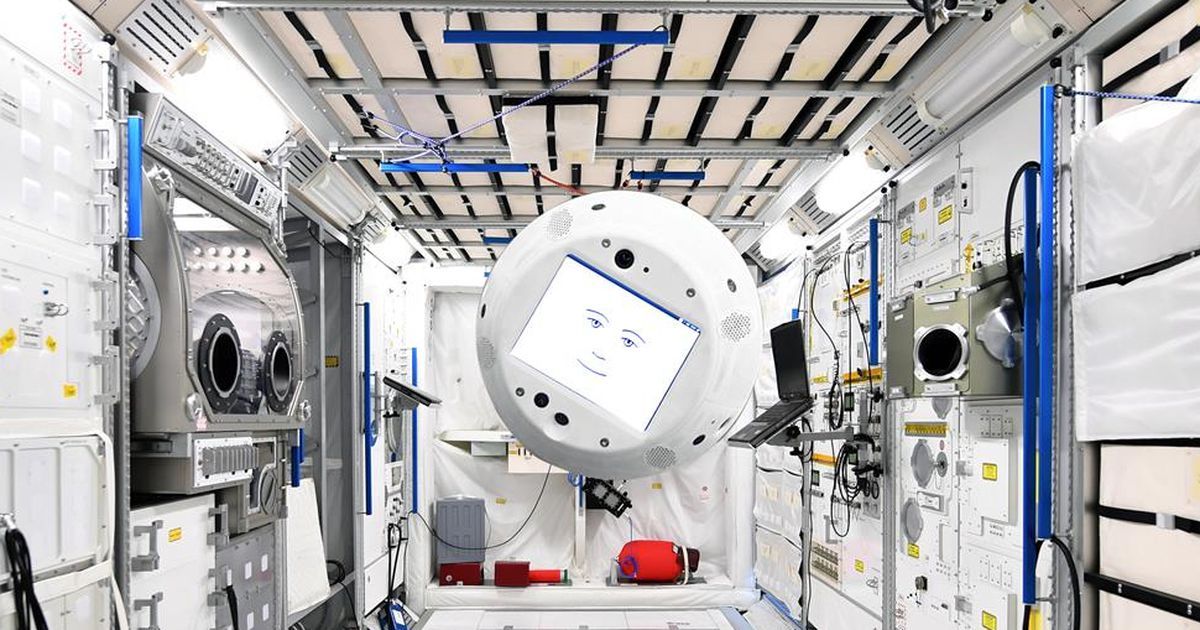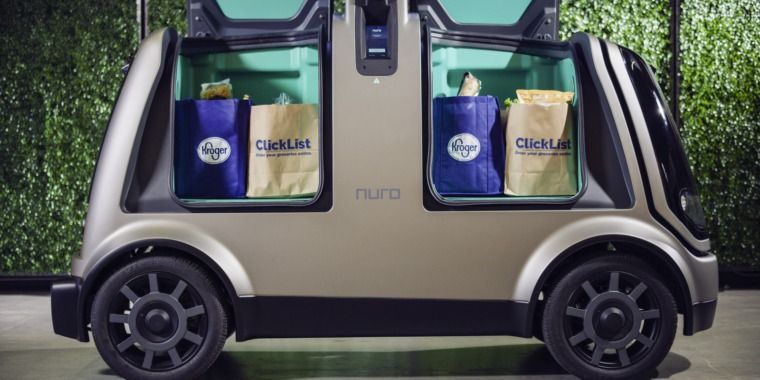Seen this video going around. I think this is more of a fancy dummy than a robot, cause if they had video of it walking around i’m sure they would of posted it. The Atlas robot will be able to do stuff like this in a couple of years. Disney probably wants to build some circus attraction where it would be cheaper and safer to have the robots doing the stunts than the people.
In Unrelated news robot news. Supposedly Honda has killed off the Asimo robot, figured that was coming when they didnt even attempt to send it out to the robot competitions, which gives some idea how bad it really must of been behind the scenes; its claim to fame though will be proving that robots that walked like people were possible.






